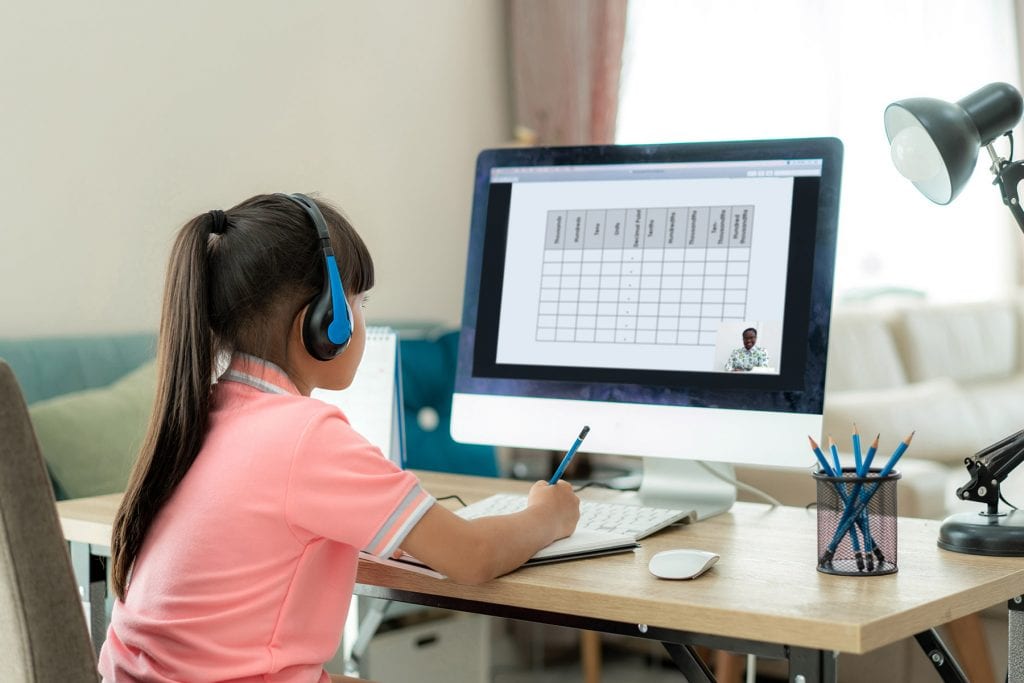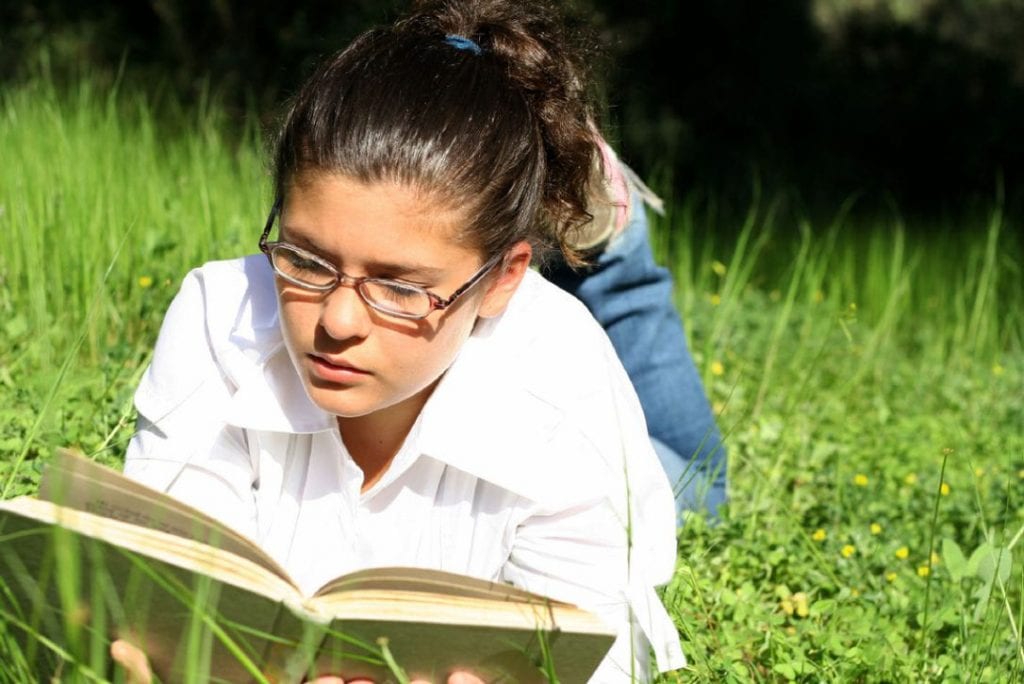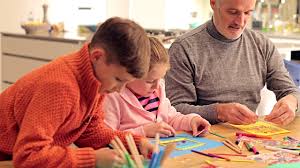
Over the last 2 or 3 months, I’ve had a number of conversations with parents who have or who are considering homeschooling their children. It feels like there’s been a sea change in people’s thinking and acting upon those thoughts, since we’ve been living with COVID-19.
The parents that I’ve spoken to recently cite the following as influences to their thinking:
- Shielding a member of the family
- The improved mental health of their child during lock-down.
- Change of lifestyle – combining education with travelling.
- A desire for education that suits the needs of their child better.
- To study a curriculum that is better focused on their child’s needs and career aspirations.
There are many issues to be considered, not least of which whether it would suit you! Many parents have decided that it’s certainly not within their skill-set and are delighted that schools are re-opened! Take a look at the Pros and Cons of homeschooling – it makes an interesting read, discussing capabilities as well as aptitude.
How Tutor My Kids can help.
The majority of our teachers are qualified teachers who understand the UK curriculum and requirement of the various exam boards. We can tailor a package of help that suits your child and your skills. You may be absolutely comfortable tutoring GCSE English and the humanities, but want to supplement that with a tutor for GCSE maths, for example. It may be an understanding of the exam marking schemes that leave you feeling a bit uncomfortable – are you advising your child well so they can get all the marks that are available to them? For example, the use of specific appropriate scientific vocabulary in the GCSE science exams can make a significant difference in the marks and consequently the grade awarded.
Online teaching has been a complete game changer.
Before lock-down, I’d been very reticent about online teaching feeling that it was of a lesser quality to the gold-standard of face-to-face tuition. However, I’ve found myself completely sold on this new way or working. Take a look at our other blog – Online tuition has been a complete game-changer.
Online tuition is enabling us to help out those families who are shielding, whilst still providing fully qualified teachers to deliver a bespoke curriculum for their family.
For families that are able to work remotely or want a change of lifestyle, our tutors are able to offer a first-class education to families whilst they travel and/or work in multiple locations.
Please feel free to take a look at our For Parents page and our testimonials for more information.








